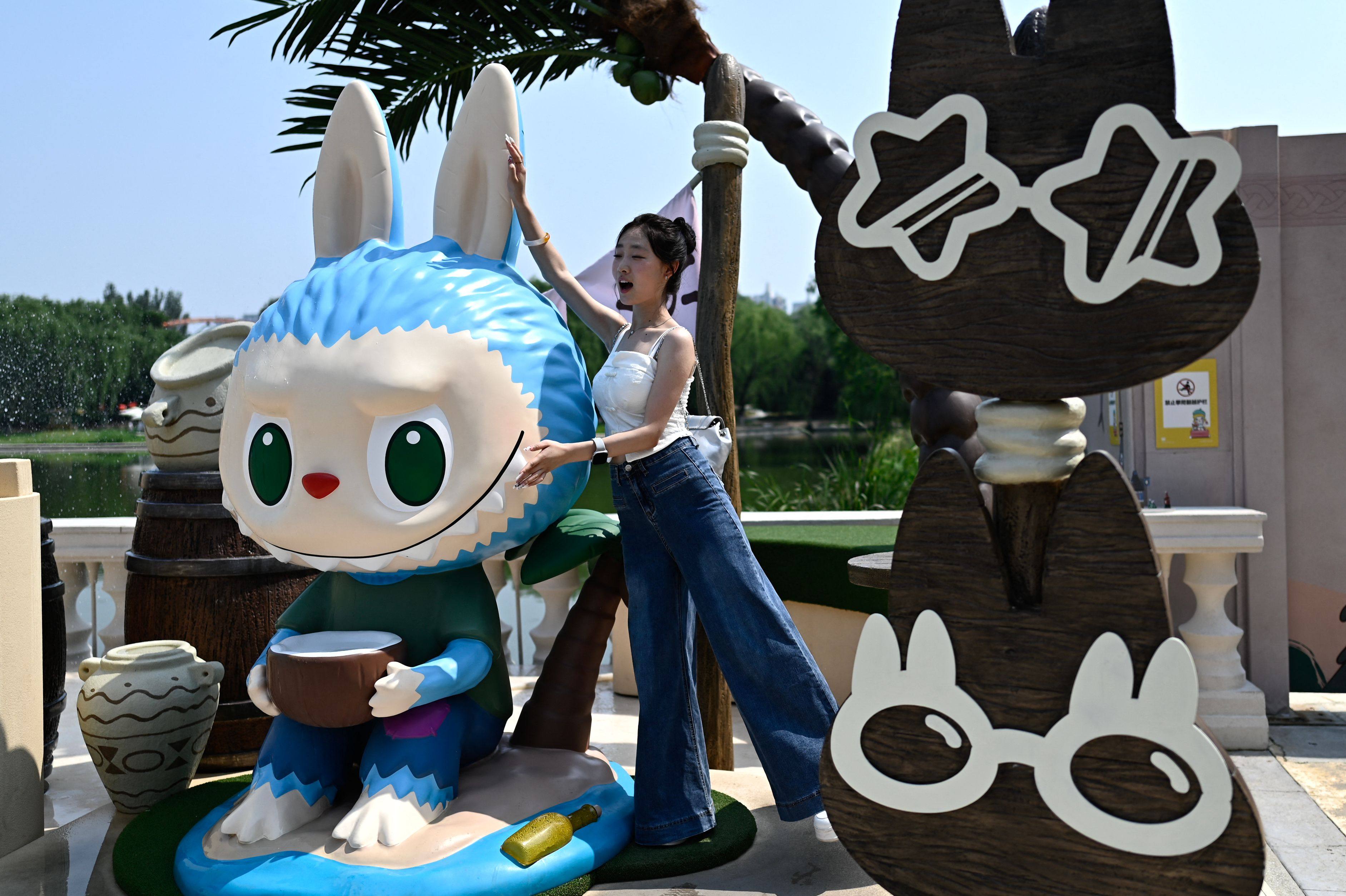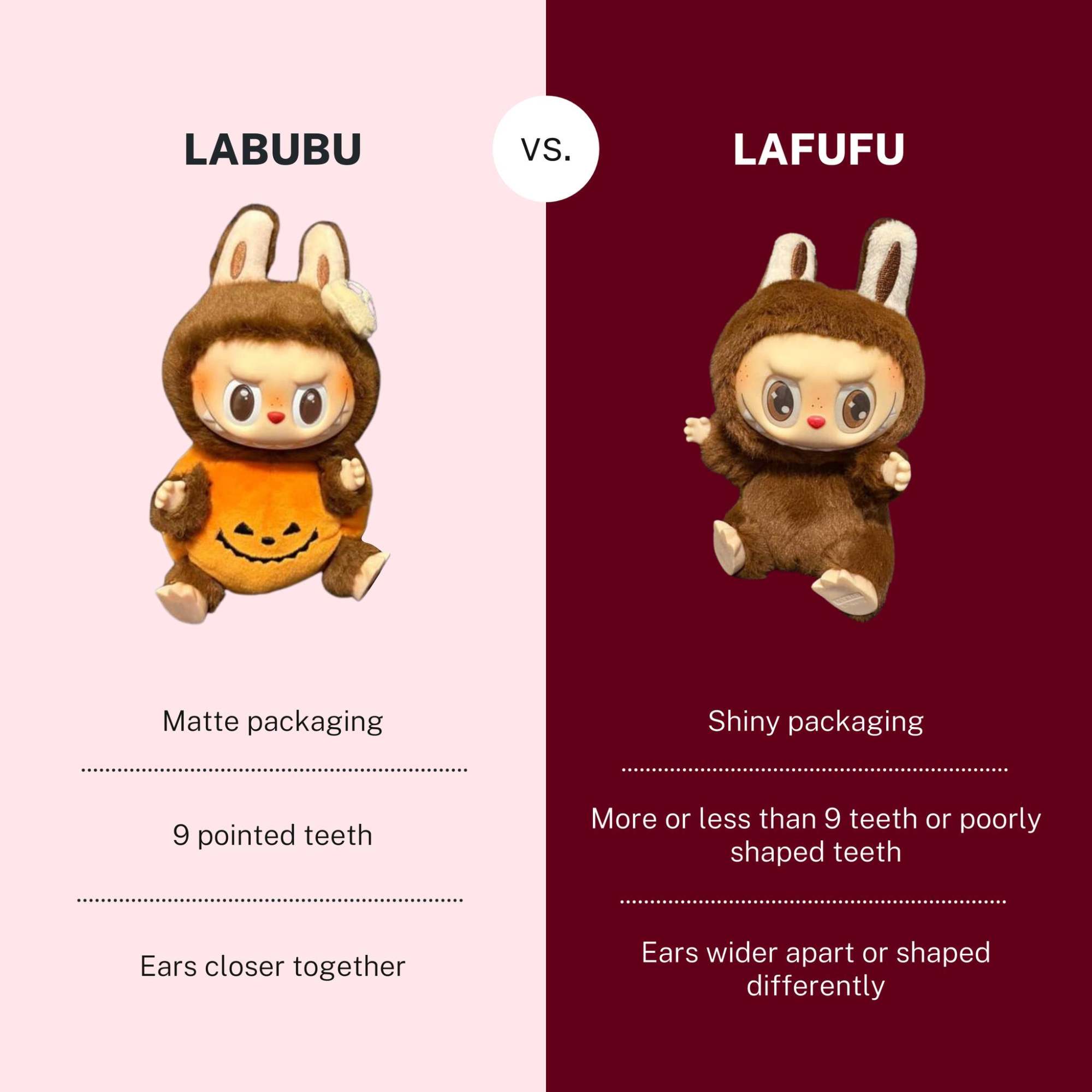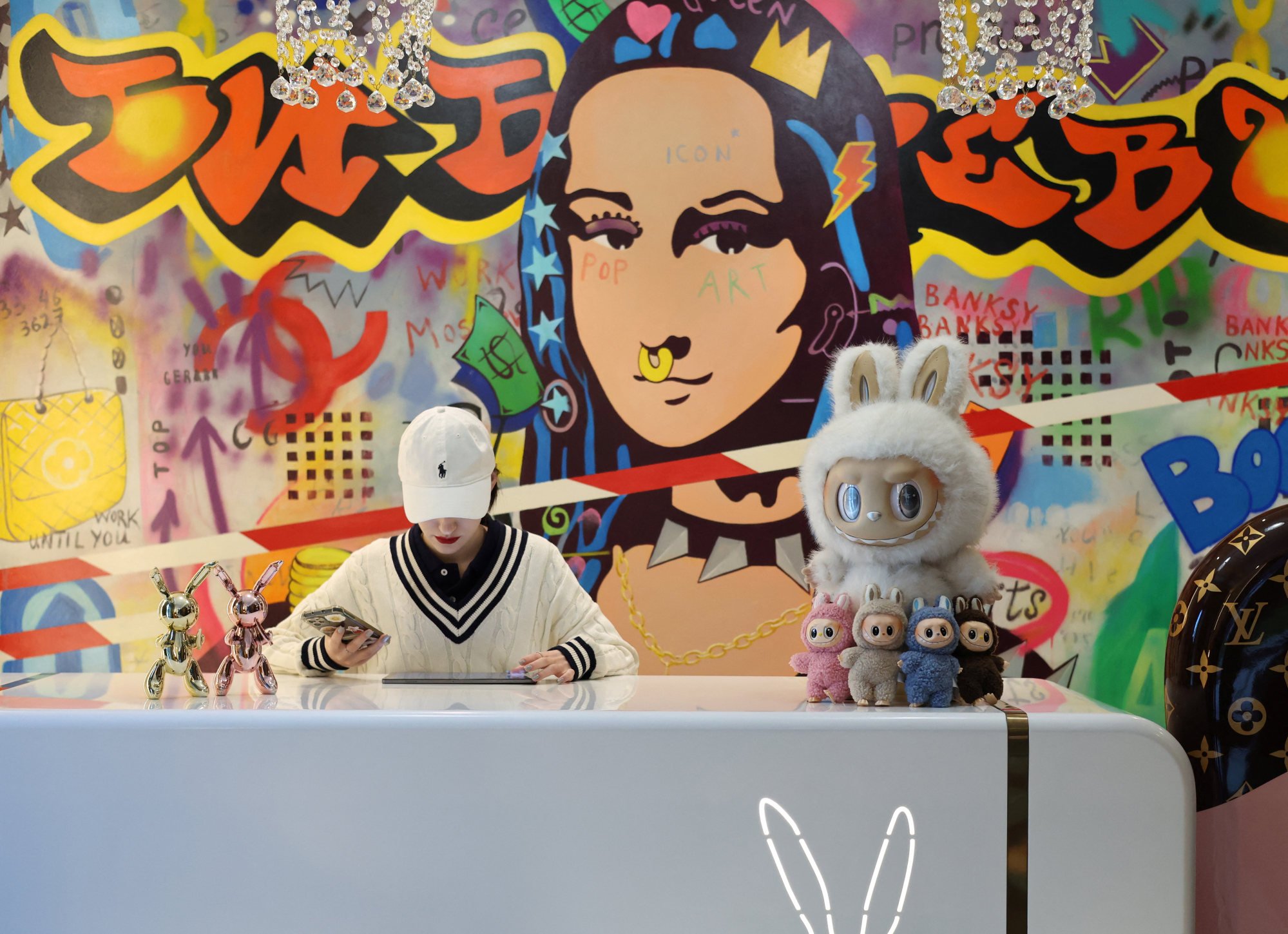Lafufu? Australian consumer watchdog warns of fake Labubu toys online
Consumer protection agency in New South Wales points out differences in the products, urges fans to buy from legitimate businesses online

The soaring global popularity of Labubu has prompted Australia to sound a warning over knock-off monster toys flooding online platforms as scammers try to exploit the collectibles frenzy fuelled by social media and celebrity endorsements.
The pointy-eared, sharp-toothed dolls – designed by Hong Kong artist Lung Ka-sing and sold by Beijing-based Pop Mart – have attained cult status, commanding eye-popping prices and sparking in-store chaos as fans from Sydney to Singapore and London line up for hours to snag the viral fashion accessory.
With the craze for these figurines exploding, a consumer protection agency in Australia’s New South Wales state has alerted prospective buyers about “Lafufus”, imitations of the Chinese pop culture sensation being peddled online.

“Labubu toys are all the rage right now – but beware, some online sellers are tricking shoppers with counterfeit Lafufu [fake Labubu] products or not delivering at all,” NSW Fair Trading said in a social media post on Tuesday.
The watchdog also pointed out differences between the two versions: the original comes in a matte packaging, while the sham one’s is shiny. According to the watchdog, Labubu has nine pointed teeth, whereas Lafufu may have more or fewer than nine teeth.
It urged consumers to buy the product from legitimate businesses online and verify the website’s authenticity before paying.
But some social media users viewed the advisory as trivial, saying the agency should focus on other fake goods like watches and perfumes.
“Is this how my taxes are spent?” asked a user.
Others wondered why people spend a lot on Labubus, describing them “not that cute”.
Wrote another user: “If you’re stupid enough to pay huge money for a voodoo doll, then the joke is on you.”
They may feel conflicted about the doll, but that has not stopped investment bank Morgan Stanley from calling Pop Mart one of the world’s fastest-growing global brands on record.
Celebrities like music icon Rihanna and K-pop singer Lisa have flaunted their Labubus, propelling the toy to international stardom.

As the Labubu mania spreads worldwide, its designer Lung told the Post in March: “I am glad people like my work, the popularity is like an illusion to me.”
Shares of Pop Mart, which sells many of its products in blind boxes where buyers do not know which figure they are getting, have jumped 182 per cent so far this year, according to Bloomberg.
A human-sized Labubu was recently auctioned for up to US$150,000 in Beijing, while a special edition toy fetched US$31,250 at a sale last month through a collaboration involving singer Pharrell Williams, the K-pop group Seventeen and the Japanese fashion brand Sacai.
Fans have also been jostling with each other to grab the collectibles, forcing Pop Mart Korea to halt sales of the plushies over safety concerns.
“Labubus were sold on a first-come, first-served basis, so people camped outside. But it got too crowded, so the Chinese headquarters decided to stop sending them to Korea,” a Seoul store worker told the Korea JoongAng Daily.
Mock-up Labubus have been circulating in South Korea as well. Last week, K-pop singer Wonhee said she was “cheated” after a doll she bought turned out to be fake.